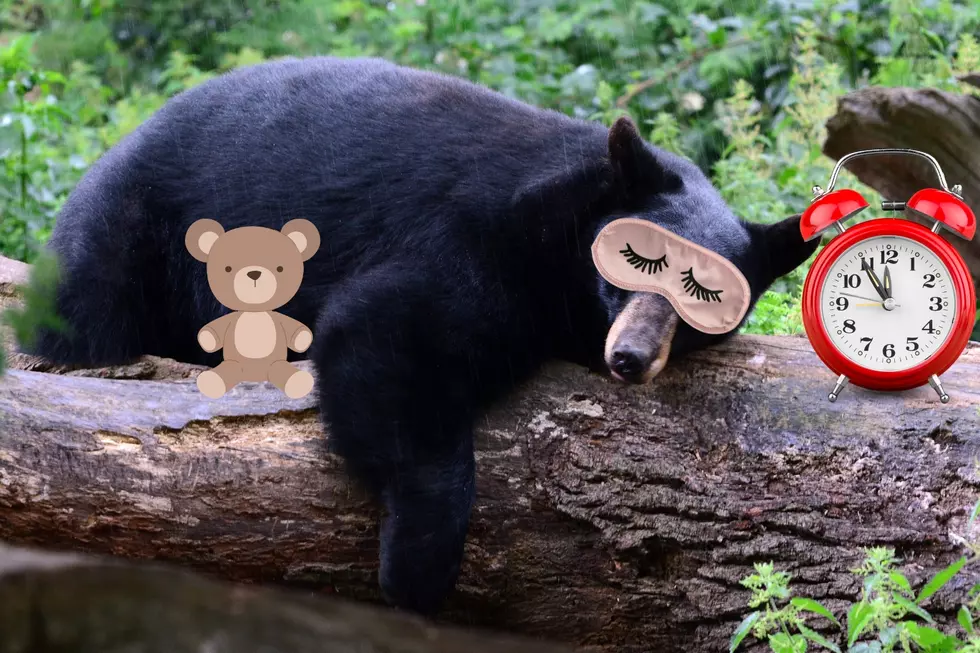
Massachusetts Bird Lovers Urged to Keep Feeders Down a Little Bit Longer
Earlier this summer , the Massachusetts Division of Fisheries & Wildlife urged bird lovers to take down their bird feeders, including hummingbird feeders, and empty their bird baths as they investigated a mysterious illness that was killing songbirds along the East Coast.
Places along the mid-Atlantic including New Jersey and Pennsylvania were reporting an uptick in sick and dying songbirds, noting eye swelling and discharge as a common factor.
This week, researchers say they now believe the deaths were not linked to a bird-to-bird virus, but rather the result of birds ingesting cicadas, also known as Brood X, which emerged from their 17-year stay underground.

The most dense populations of Brood X also appeared in states like New Jersey and Pennsylvania, making the link to bird illness theory more than plausible. Cicadas tend to disappear by the end of July and researches have noted that the bird deaths are beginning to decline as well.
Birds most affected by the mystery illness include blue jays, house sparrows, gray catbirds, northern cardinals, and American robins among others.
However, the theory that Brood X is the cause of the die-off still hasn’t been proven and MassAudubon is still cautioning people to keep their bird feeders empty for just a little while longer.
According to MassAudubon, wildlife officials are making no changes to their recommendations.
According to their recent post, “Both MassWildlife and their state agency counterparts in Connecticut and Rhode Island continue to ask that people pause feeding birds statewide. … We also don’t really know if this disease can be passed from bird to bird yet. Some of the affected birds show signs of eye infections—which suggest, but do not confirm, that it’s transmissible. … We do know that bird feeders and birdbaths have in the past facilitated other outbreaks of disease, like salmonella and conjunctivitis, because they provide shared surfaces where birds congregate densely and frequently.”
The good news is that if the cicada theory proves true, our bird population isn’t at risk for an ongoing die-off event. It does, however, leave 17 more years for scientists to figure out how to better prepare for the next cicada emergence.
What to Expect at Bajah's Cat Café in Tiverton
More From WFHN-FM/FUN 107









